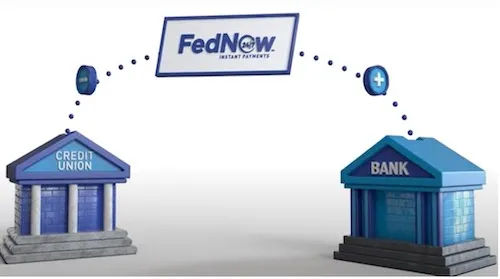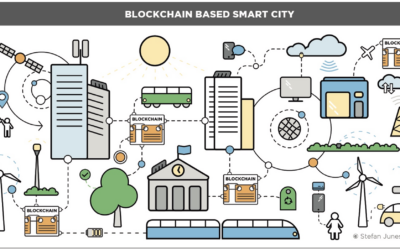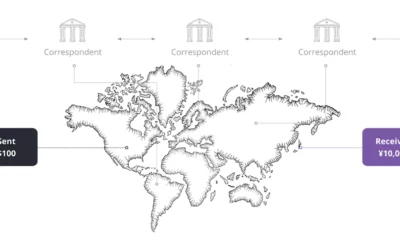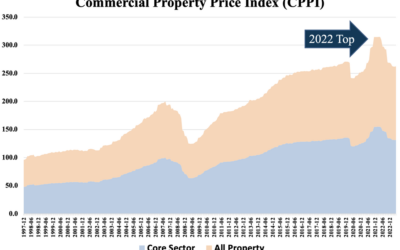Central Bank Digital Currencies (CBDCs) have been a topic of interest for central banks around the world, including the Federal Reserve Bank of the United States (the Fed) for some time now.
The concept of a CBDC is essentially a digital version of a country’s fiat currency that is issued and backed by the central bank, and can be used for payments and settlements.
The FedNow Service, on the other hand, is a real-time payment and settlement system being developed by the Federal Reserve Banks that will enable financial institutions to provide instant payments to their customers.
While both CBDCs and FedNow relate to payments and settlements, they are fundamentally different in terms of their design, purpose, and functionality. In this article, we will provide some background on CBDCs and FedNow, and explain why FedNow is not a CBDC.
Background on CBDCs:
CBDCs are digital currencies that are issued and backed by a central bank. Unlike traditional fiat currencies, CBDCs are digital and do not have a physical form. CBDCs are designed to be used for payments and settlements, and can be used for retail or wholesale transactions. Retail CBDCs are designed for use by individuals and businesses, while wholesale CBDCs are designed for use by financial institutions.
The purpose of CBDCs is to provide a safe, efficient, and reliable payment system that can operate 24/7, and to provide an alternative to existing payment systems. CBDCs also have the potential to enhance financial inclusion, reduce costs and risks associated with payments, and increase the efficiency of monetary policy.
Background on FedNow:
FedNow is a real-time payment and settlement system being developed by the Federal Reserve Banks. The system is designed to enable financial institutions to provide instant payments to their customers, 24/7, 365 days a year. FedNow will operate alongside existing payment systems, and will provide a faster and more efficient alternative to traditional payment methods such as checks and Automated Clearing House (ACH) transactions.
The purpose of FedNow is to enhance the speed, safety, and efficiency of the U.S. payment system, and to provide an alternative to existing payment systems that may not be able to meet the demands of a rapidly evolving digital economy. FedNow will also help to reduce the risks associated with delayed payments, such as credit and liquidity risks.
Why FedNow is not a CBDC:
While both CBDCs and FedNow relate to payments and settlements, there are several key differences between the two. The following are some of the reasons why FedNow is not a CBDC:
-
FedNow is not a digital currency: FedNow is not a digital currency that is issued and backed by the Federal Reserve Banks. Instead, it is a payment and settlement system that enables financial institutions to provide instant payments to their customers.
-
FedNow does not replace fiat currency: FedNow is not designed to replace fiat currency. Instead, it operates alongside existing payment systems, and enables faster and more efficient payments and settlements.
-
FedNow does not provide a store of value: FedNow does not provide a store of value, which is a key function of a currency. Instead, it is a payment and settlement system that enables the transfer of funds between financial institutions and their customers.
-
FedNow does not have monetary policy implications: FedNow does not have monetary policy implications, which is a key function of a central bank. Instead, it is a payment and settlement system that enables faster and more efficient payments and settlements.
Conclusion:
In summary, while both CBDCs and FedNow relate to payments and settlements, they are fundamentally different in terms of their design, purpose, and functionality. FedNow is a payment and settlement system that enables financial institutions (such as banks) to provide instant payments to their customers.






0 Comments